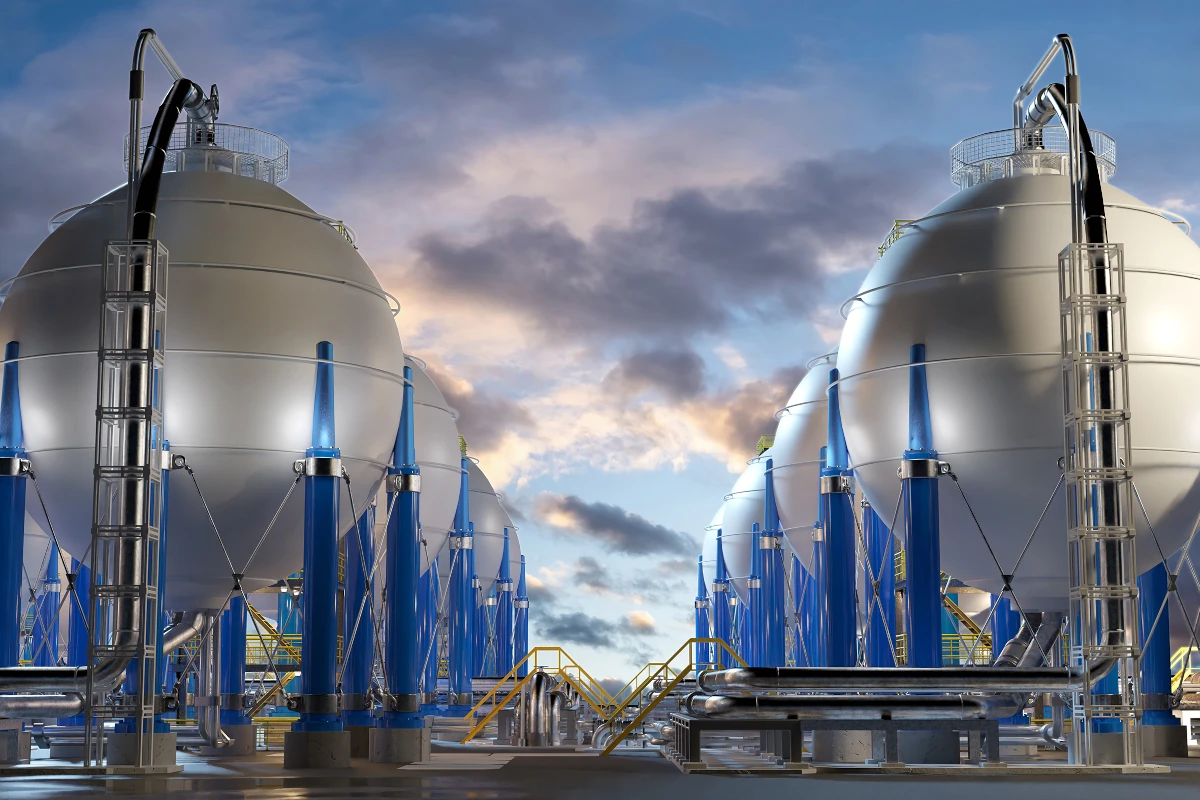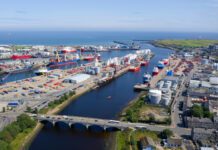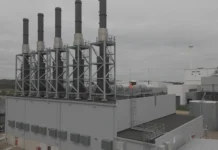
The German Federal Government’s recent approval of the Hydrogen Acceleration Act is a crucial step for transportation and logistics organisations looking to accelerate decarbonisation efforts, writes engineering firm IMI.
The German government has said electrolyser approvals will face “simplified and unbureaucratic” requirements through an amendment to the Fourth Ordinance for the Implementation of the Federal Immission Control Act (BlmSchv). According to Dr. Cornelia Neumann, an expert in PEM electrolyser technology at IMI, streamlining the approvals processes is set to help improve access for organisations looking to adopt small-scale decentralised green hydrogen production technologies.
With Germany’s heavy transport and logistics sector a key driver of hydrogen uptake in the medium- to long-term, this latest development is good news for industry stakeholders looking to invest in hydrogen-powered vehicles.
“Immediate steps must be taken if the transport and logistics sector is to reduce emissions and meet its decarbonisation objectives,” explains Dr. Cornelia Neumann. “However, the rollout of large-scale national hydrogen storage and production infrastructure will take years. Increased availability of other solutions including decentralised electrolyser solutions will help bridge this gap and accelerate widespread adoption of cleaner fuel technologies.
“The success of hydrogen as a greener fuel source will ultimately hinge on its availability at the point of use, so the approval of the Hydrogen Acceleration Act is a welcome step in the right direction. Particularly in harder-to-electrify or rural areas, easier access to modular, scalable and affordable hydrogen production will play a vital role in ensuring widespread adoption of clean hydrogen throughout the transport and logistics sector.”







